Publications
Articles, publications, books, tools and multimedia features from the U.S. Institute of Peace provide the latest news, analysis, research findings, practitioner guides and reports, all related to the conflict zones and issues that are at the center of the Institute’s work to prevent and reduce violent conflict.
Keynote Addresses from "Managing Chaos" Conference: Aspin and Koppel
In this volume, we have transcribed and edited the remarks of two keynote speakers, Secretary Les Aspin and Mr. Ted Koppel to meet what has become a very considerable public demand for their presentations from the "Managing Chaos: Coping with International Conflict into the 21st Century" conference.
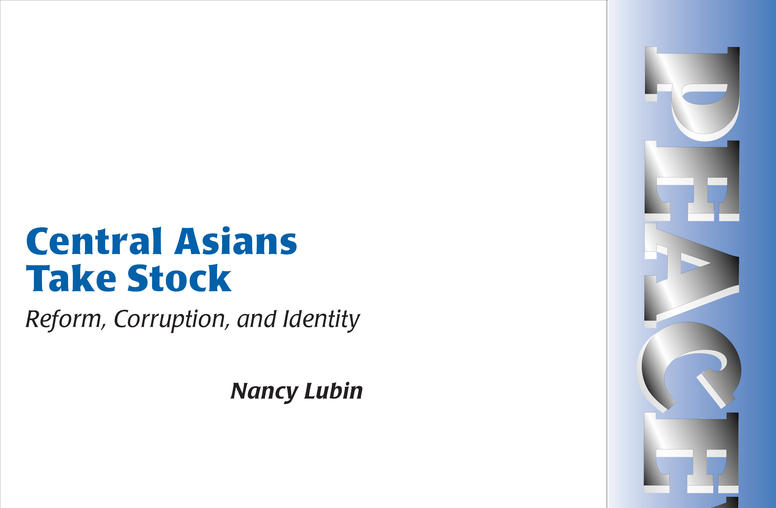
Central Asians Take Stock: Reform, Corruption, and Identity
The United States is interested in encouraging the development of stable, democratic systems, and market economies in new countries such as Uzbekistan, Kazakhstan, and Turkmenistan, and to minimize the social, ethnic, religious and other sources of conflict that could destabilize the region further. But increasingly, effectiveness in these efforts will depend as much on the views from below as from policies promulgated from above.
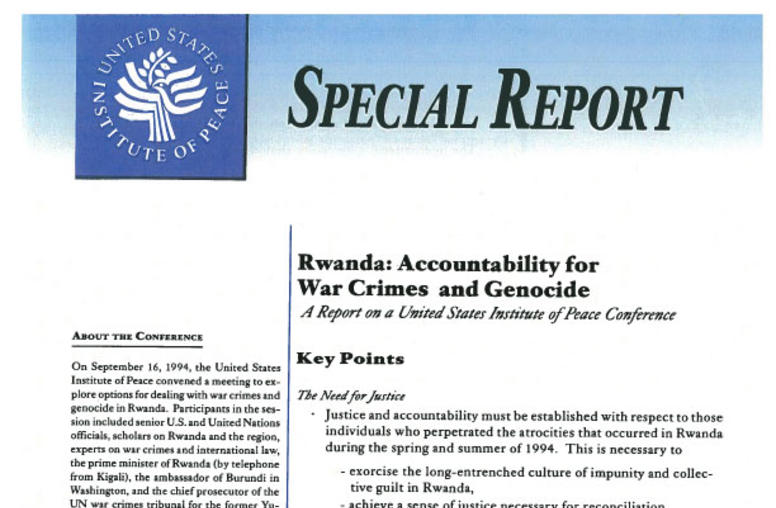
Rwanda: Accountability for War Crimes and Genocide
Before 1994, Rwanda was the most densely populated country in continental Africa. Between April and August 1994, that statistic shifted radically, as Rwanda lost 20 percent to 40 percent of its population to slaughter or exile.
Commissions of Inquiry: Sri Lanka
Commissions of Inquiry: Commissions of Inquiry into the Involuntary Removal or Disappearance of Persons Duration: 1995 – 2000 Charter: Presidential Proclamations Commissioners: 3 for each commission (in total 11 commissioners) Report: Public reports
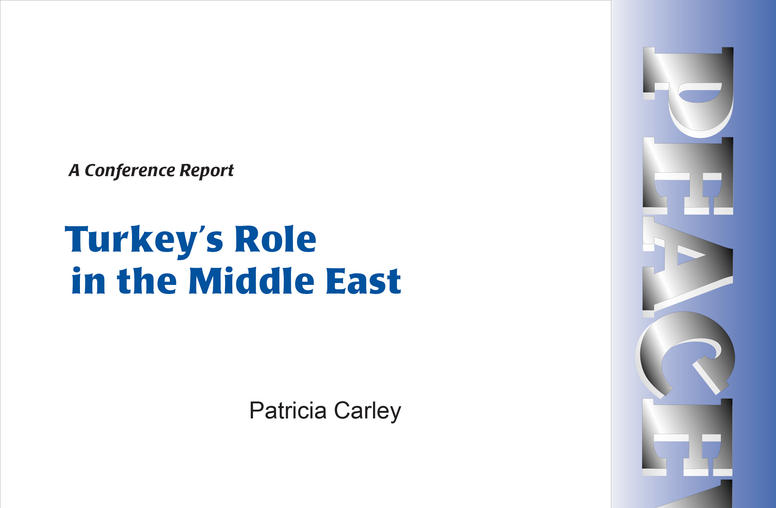
Turkey's Role in the Middle East
The end of the Cold War seemed to portend a decline in Turkey's strategic importance to the West; however, the political changes in the world since 1989 have also loosened the constraints within which Turkey can act. As a result, Ankara's foreign policy has been redirected from its strictly western orientation to one in which the countries of the Middle East have become potentially more significant.
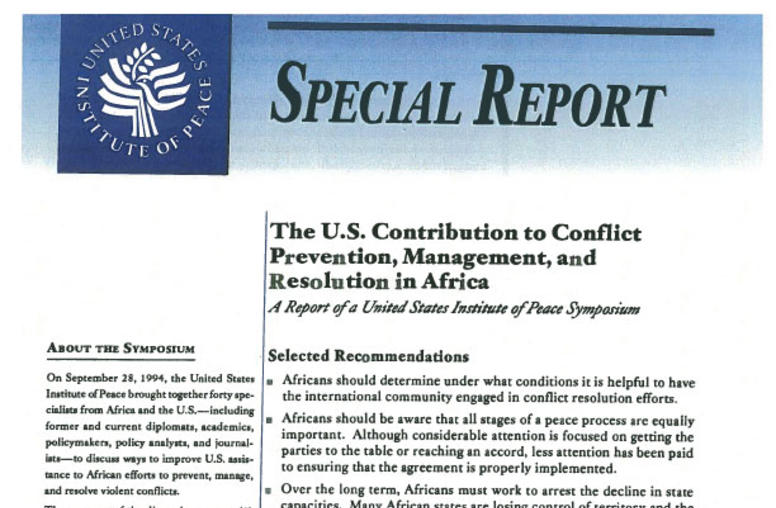
The U.S. Contribution to Conflict Prevention, Management, and Resolution in Africa
The failure of the United Nations peacekeeping mission in Somalia (UNOSOM II) to build a new state in that war-ravaged country, after the costly U.S. military intervention is often viewed as a critical lesson about the problems associated with the international community's attempts to resolve conflict in Africa. Thus, when genocidal strife erupted in Rwanda in 1994, causing millions of Rwandans to flee into neighboring countries, there was a strong reluctance to allow U.S. forces to become e...
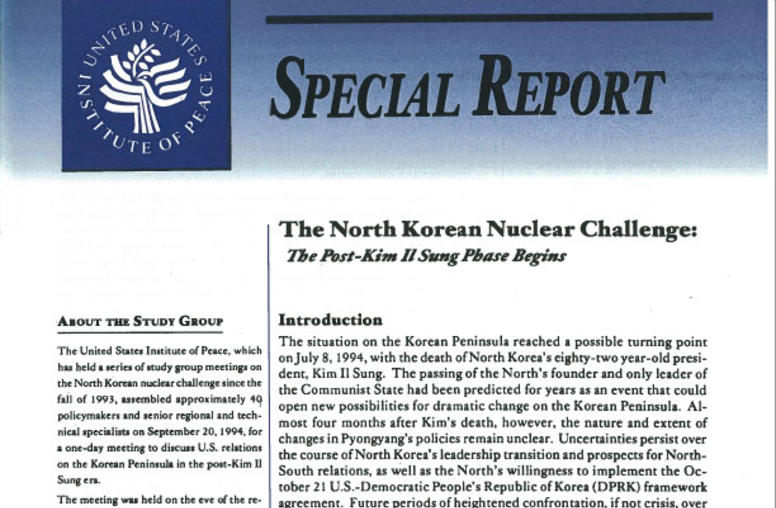
The North Korean Nuclear Challenge: The Post–Kim Il Sung Phase Begins
The situation on the Korean Peninsula reached a possible turning point on July 8, 1994, with the death of North Korea's eighty-two year-old president, Kim Il Sung. The passing of the North's founder and only leader of the Communist State had been predicted for years as an event that could open new possibilities for dramatic change on the Korean Peninsula. The United States, South Korea, and North Korea's other neighbors face significant challenges in determining policy adjustments that might...
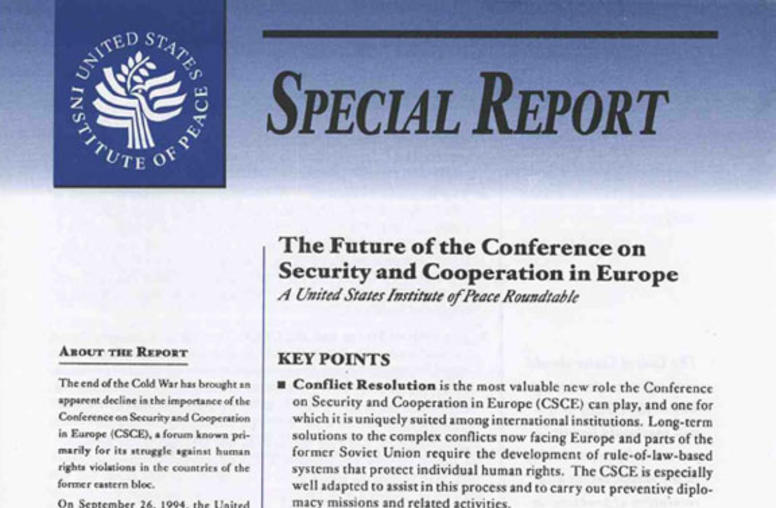
The Future of the Conference in Security and Cooperation in Europe
The end of the Cold War has brought an apparent decline in the importance of the Conference on Security and Cooperation in Europe (CSCE), a forum known primarily for its struggle against human rights violations in the countries of the former eastern bloc.
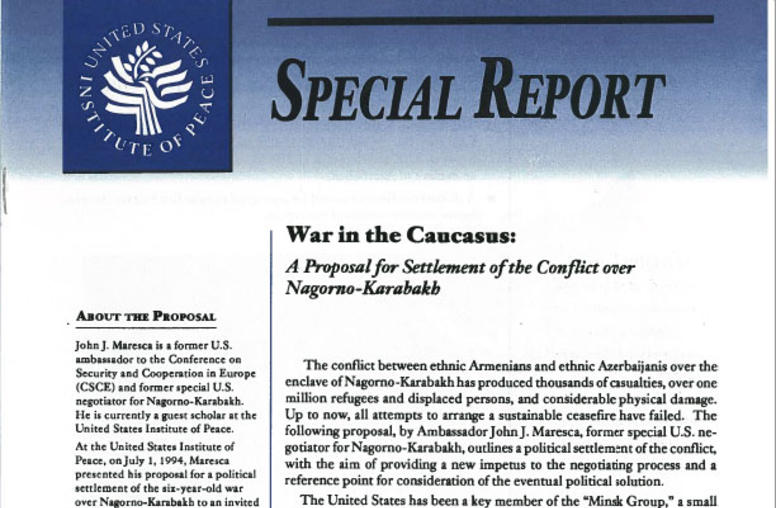
War in the Caucasus: A Proposal for Settlement of the Conflict over Nagorno-Karabakh
The conflict between ethnic Armenians and ethnic Azerbaijanis over the enclave of Nagorno-Karabakh has produced thousands of casualties, over one million refugees and displaced persons, and considerable physical damage. Up to now, all attempts to arrange a sustainable ceasefire have failed. The following proposal, by Ambassador John J. Maresca, former special U.S. negotiator for Nagorno-Karabakh, outlines a political settlement of the conflict, with the aim of providing a new impetus to the n...
North Korea's Nuclear Program
In a public atmosphere of heightening confrontation over North Korea's nuclear program, the United States Institute of Peace conducted· an intensive five-month review of Pyongyang's proliferation activities. Our objectives have been to help clarify public understanding of a complex issue with serious security concerns for the U.S. and key allies, and to assess negotiating strategies for dealing with the North Korean challenge.